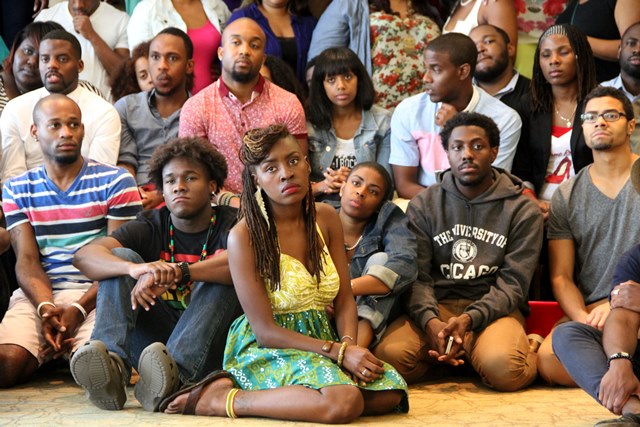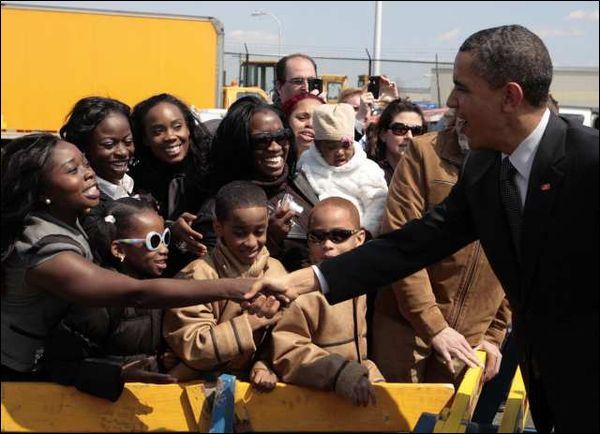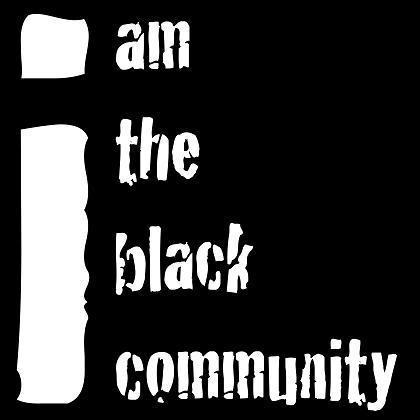When I speak of America, I speak of Canada, the USA, and countries all the way down to Argentina. When I speak of Black America, I speak of blacks in Canada, the USA, and countries all the way down to Argentina.
It was a Spanish-speaking member of an Afro-Latino forum of
which I am a member who pointed out what I have been preaching throughout my seven
years of blogging. Black Americans face the same struggles as black Latinos. He
asserts what even I as an African American have witnessed is that many American
blacks as well as many black Latinos have trouble accepting the fact
that the black experience in the U.S. come in many cultural flavors; American, Cuban,
Brazilian, Jamaican, Nigerian, Puerto Rican, Bajan, Panamanian, Ghanaian, Dominican, Belizean, Columbian, Canadian, British,
Aboriginal, etc.
He stressed to other Afro Latinos in the forum that they need
to give us African-Americans time to catch up to this new reality. After all,
we are all stronger together than we are apart, and we, collectively speaking,
should not let the old divide-and-conquer ploy destroy our progress.
He, among many other foreign born blacks, feel that a large portion of the African-American population have a blind spot when it comes to members of the African diaspora. That is true in one sense, but historically, we have also been the most supportive. It is so
ironic when members of the diaspora want to throw rocks at African Americans
while standing on ground literally made fertile by the spilled blood of African
Americans over centuries of struggle. Blacks like Marcus Garvey (Jamaica), Malcolm
X (USA), and Kwame Nkrumah (Ghana) generally have been the most
Pan-African among the diaspora.
I find it comical that my own blackness from time to time gets questioned by a few
fellow African Americans because I speak Spanish and have a love for Spanish
music (as I do R&B, jazz, folk, classical, and Haitian). I believe such
confusion lies in our lack of knowledge of the black diversity in the western
world. In the U.S., we African Americans were taught in school about slavery
and Jim Crow, but what we were never taught that slavery of Africans started in
Mexico, the Caribbean, and Central and South American over 100 years before that of the
U.S.
Collectively, there are far more Spanish-speaking black folks scattered throughout the Caribbean, Mexico, Central and South America than there are
English-speaking black folks. We blacks in the western world also speak Portuguese, French,
Creole, Gullah, Dutch, Garífuna, and Gullah as a first language.
As an admirer and
explorer of Afro-Latino culture, I do not discuss race with Afro Latinos unless
they either bring it up first, or until I realize how they define themselves.
When a black Puerto Rican tells me he is not black, but Puerto Rican, they are
saying that they do not know or do not want to know the difference between their race and their ethnicity.
Black people in Latin America, even the ones who migrate to the U.S. view
themselves by their nationalities first.
One Afro Latino with dual citizenship with Panama
and the U.S.A. pointed out that no matter where he goes on this earth, his
blackness is what people see before they hear his accent, his language, or his
ideas. Interestingly,
during my travels through Latin America, people of every race saw my skin color
and assumed that I was just another black from their country until they heard
my foreign accent and saw my passport. Then, my skin color faded and I was seen
as nothing more than an American.
At the recent Dominican Day parade here in New York, a black man
whose roots are in the Dominican Public asserted that he is black first and
foremost because of the racism he experienced based on his skin color. When he
orders his grocery items in fluent Spanish at the local bodega owned and staffed by light
skinned Dominicans, he says that they do not see him as a fellow Dominican
because of his color and always respond in English.
Just as many African Americans are not aware of the cultural
diversity of the black race in America, many Latinos are not aware of the
racial diversity among their fellow Latinos. During my travels, I met
Latin-American people of African, Asian, Jewish, European, and Indigenous; all
of whom speak Spanish as a first language.





